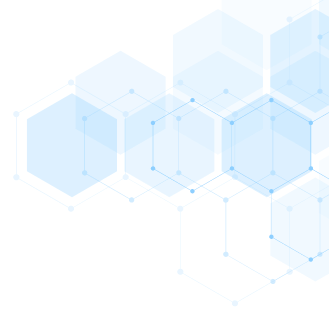
Stem Cells

Advanced Stem Cell Therapy with MSC
Understanding Regenerative Medicine will help you understand why stem cells are used to treat diseases and other conditions.
Let’s get started.
What is Regenerative Medicine?
Stem cell research led to the term 'Regenerative Medicine' becoming popular in the 1990s. Regenerative medicine restores or regenerates tissues damaged by diseases or injuries. Their method involves stimulating the body's natural healing abilities. For example, if someone’s nerve cells are damaged, regenerative medicine helps the patient’s natural healing system to repair the damaged cells or regrow new cells in their place.


What Are Stem Cells?
The human body is composed of hundreds of cells that perform many specific functions. Among these are stem cells that supply new cells responsible for regenerating tissues and keeping us healthy. As these cells are capable of dividing and differentiating into numerous types of specialized cells, they have great importance to the medical community.
Where Do The Stem Cells Come From?
Stem cells are found in numerous tissues, including bone marrow, dental pulp, umbilical cord cells, and umbilical cord blood. These cells are stored in cell banks to obtain high-quality stem cells in high quantities. Stem cells obtained from the umbilical cord, bone marrow, and adipose tissue are free from the risks of any complications, infections, disability, and immune rejection. Moreover, they are easy to get.


